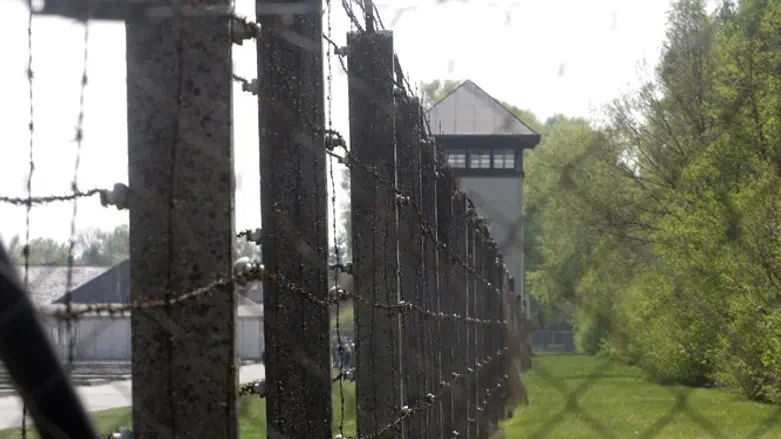
Croatian Serbs said Monday that they would join the country's Jews in the second consecutive snub of a commemoration for victims of the country's World War II death camp, accusing the authorities of tolerating pro-Nazi ideology.
The Jasenovac camp, often called "Croatia's Auschwitz", was the most notorious camp run by the country's Nazi-allied Ustasha regime.
The Ustasha persecuted and killed hundreds of thousands of ethnic Serbs, Jews, Roma and anti-fascist Croatians.
Representatives of these groups also boycotted last year's commemoration for Jasenovac victims, denouncing what they see as a resurgence of pro-Ustasha sympathies.
A spokeswoman for the Serb National Council told AFP that ethnic Serbs would boycott the April 22 event, and take part instead in an "alternative commemoration" with Croatian Jews and anti-fascist groups.
Serbs in particular are incensed by a plaque with a Ustasha slogan unveiled at Jasenovac last November, a memorial by former paramilitaries to honor fellow fighters killed in the region at the start of Croatia's war for independence in the 1990s.
"As long as a plaque with the Ustasha salute... stands in Jasenovac, conditions to attend an official commemoration will not be met," the spokeswoman said.
Croatian Jews said earlier this month that they would boycott the ceremony for the second year in a row, citing a trivialisation of the role of the Nazi-allied regime and its symbols.
Around three-quarters of the country's Jewish population, which numbered around 40,000, were killed by the Ustasha regime. They now make up less than one percent of Croatia's population of 4.2 million.
Conservative Prime Minister Andrej Plenkovic, who took over following snap elections in October, has pledged to move away from the climate of intolerance seen under his center-right predecessors.
But critics say Plenkovic's administration has not done enough to tamp down extremism and expressions of nostalgia for the country's pro-Nazi past.